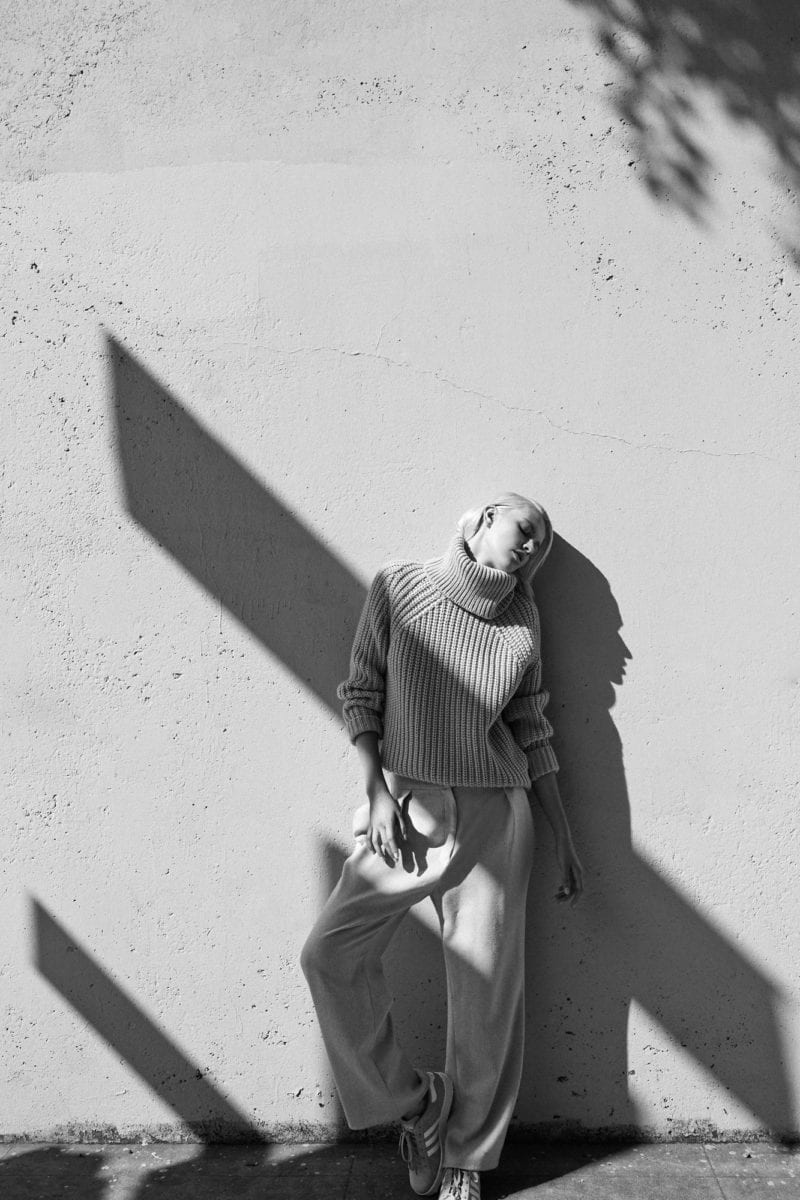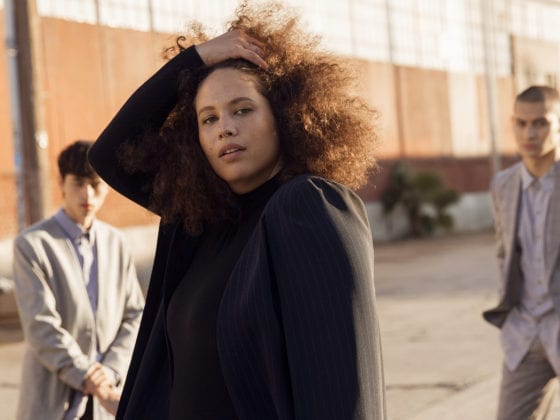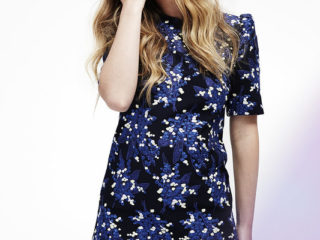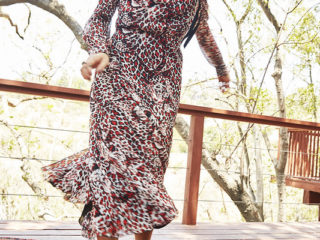I hate to admit how deeply rejection affects me sometimes, especially since I know it’s such a universal experience. We’ve all been rejected in one way or another, and unfortunately, we’ll all likely be rejected again.
Every time a hypothetical door slams in my face, I can’t stop the disappointment from flooding my body. The voice of my inner critic starts hissing in my ear, “You could have been better. You should have been better. Of course, they said no. Why wouldn’t they?”
Rejection, whether from a prospective employer or a potential suitor, is not a personal attack. Yet, when a “no” shuts down something you were really hoping for, it’s hard not to start questioning everything, including yourself.
Rejection is not a personal attack.
There has to be a better way than allowing rejection to cause us to discredit and devalue ourselves. If rejection is a normal part of life, there has to be a way to face it head on without allowing our identities and self-esteem to crumble.
I’m learning that not personalizing rejection is a difficult journey. However, when pursued with grace and gentleness, it is a journey worth pursuing.
Here are a few ways to stop personalizing rejection:
Speak kindly to yourself.
When I’m faced with another “no,” I pause and speak to myself the way I would speak to a dear friend I love. “It wasn’t your fault. You aren’t unworthy of the thing you hoped for; it just wasn’t for you.”
It sounds cheesy, I know. But intentionally being kind to myself—making an effort to comfort and soothe my disappointed and fearful inner critic—reminds me that rejection does not equal unworthiness. What is meant for me will come to me. Any rejection along the way is simply preparing me for what comes next.
Rejection does not equal unworthiness.
Start the journey in small steps.
“Easier said than done,” you’re probably muttering under your breath, and you’re absolutely right. However, when you break it down into practical baby steps, maneuvering rejection without feeling personally attacked is a more attainable goal.
It’s a skill that can be developed more each day. These baby steps may look different depending on the situation and the person. That’s completely OK.
Mourn the loss.
I’ve learned to create space for my feelings. There’s no denying the fact that rejection stings, and when I find myself with hurt feelings after a “no,” I acknowledge them. I take the time to identify each emotion and let myself feel them as deeply as I need to. A rejection indicates a loss. When a loss has occurred, no matter how big or small it may be, it’s OK to mourn.
I won’t lie to you and say that choosing to respond with grace after being rejected is easy. It isn’t. Choosing to remain hopeful and build myself up instead of letting my mind wander to negative self-talk territory—and intentionally taking practical steps to do so—requires bravery and strength.
Sometimes, it’s exhausting, and I admit, I would rather wallow in self-pity than do the work to shift my perspective. However, I can say with absolute certainty that the choice to be gentle with myself after a rejection has been worth it every single time.
Have you ever struggled with personalizing rejection? Why is it important to separate life’s rejections from your identity and sense of self?
Image via Chris and Sarah Rhoads of We Are the Rhoads, Darling Issue No. 13










